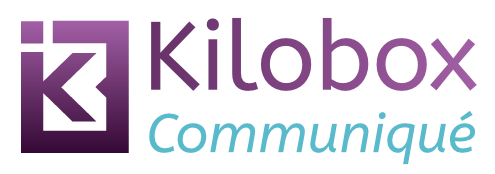What ever you think your audience’s reading ability is, I’m betting that it’s lower.

One way to assess the reading ability / preferences of your audience is to poll them on their newspaper habits. (But beware, this can also highlight political / class details, so there’s a need to be sensitive in such blanket polling.)
No daily UK newspaper (that I know of) writes with a university educated reader in mind. You might think that the Times, Independent, Guardian and Telegraph are ‘high-brow’ but they ain’t in their daily news sections. They know that people need a quick read, and while they may use some hardcore vocabulary at times, their writing style is aimed at teenage comprehension levels. (Magazines and Sunday editions may well vary in style / audience somewhat.)
The Sun and Mirror (the ‘red tops) ensure that their copy is fun and easy to read at a glance. They know that their readers haven’t all been taught to read to the same standard. Don’t ever confuse simple language with simple journalism though! Those red top journalists are just as savvy and wealthy as the ‘broadsheet’ ones.
So, within your company, what do you think the reading age is? What reading ability do you think your Internal Communications department are aiming for? Too high?
Here are a couple of personal thoughts from me: As an internal communications editor, I like articles that stretch people’s understanding of a topic. I always explain novel terms, but I’m unafraid of using big words when appropriate. I don’t ever want to dumb down our comms, even though I know the reading ability of our audience is much much lower than the figure in your head…
Contrary to that, I’m aware that long sentences and high-sounding words just emotionally turn-off some of our workforce. So they don’t read anything; they probably think we’re just farting in to the wind for the sake of our managers and bosses. How can I help engage these detached people without dumbing down my articles or patronising anyone?
[Wedge]


Hi Wedge. Interesting blog and post. I’ve supported internal communications for several global companies with operations and employees around the world. The majority of the audience did not have English as a native language, so there was never the option of using big words: it wouldn’t be a turn-off emotionally – they simply wouldn’t understand it.
It’s an easy thing to say theoretically, but keeping it simple and making sure it’s relevant to the audience is a good place to start.
Whereabouts are you based by the way?
Daniel
Thanks for stopping by Daniel.
I’m in UK, working for a large regional company.
Sarah Fitton in Yorkshire X
Hi,
I came across this page whilst researching The Sun’s readership age for my University dissertation.
I do not entirely agree with what you are saying here, I think that the broadsheets write particularly for the more intelligible person, this is shown through their choice of diction and considerable use of polysyllabic words. The tabloid papers are written for all, although it is highly assumed that they are written for the working class.
You say that your audiences’ reading ability could possibly be lower than the level in which you are writing, however this is a big assumption; when you start writing you are surely writing for an intended audience?
Because someone reads The Sun does not mean they’re unintelligible, it’s the gossip -like tone it adopts that attracts its readers. People of all social circles read The Sun and results show that it is the UK’s best selling tabloid. In no way is The Guardian a ‘quick read’ the paper is lined with columns which can take considerable time to read properly without skimming.
I am a young woman and have been reading at a much higher level than the intended reading age since I was able to read. I read a variety of newspapers, this is to broaden the spectrum and to consider other points of view, this is also to gain new word stock. I study English Language at University.
Emma, ‘intelligible’ doesn’t mean what you think it means. It’s not a synonym for ‘intelligent’.
Are you really an English Language degree student?